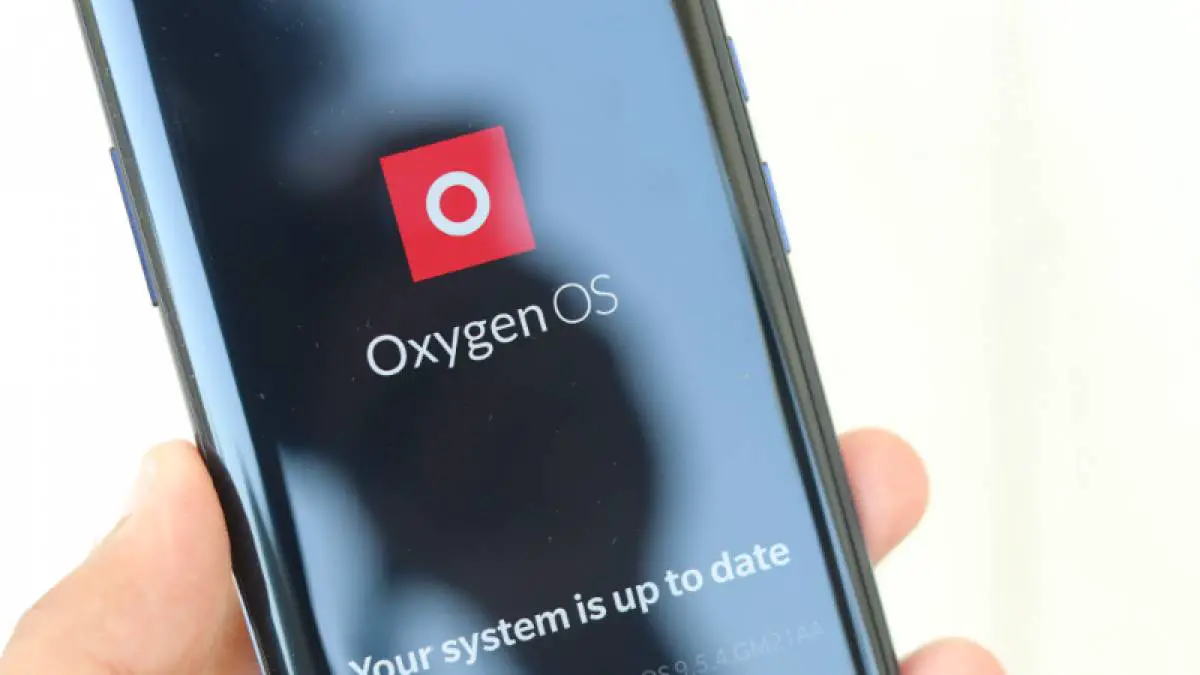
Software innovation is one of the constants that characterizes the world of smartphones, and the Android operating system is no exception. The recent version Android 14 introduced significant improvements in terms of management of cached applications, with a direct impact on the performance and efficiency of the system. But what is caching and what does this improvement mean for users?
Android 14 expands the cache: it goes from 32 apps to 1024
One of the most salient aspects of Android 14 is the significant expansion of the number of applications that can be kept in cache. The limit has been increased to 1024 compared to the previous 32. This increase is not only enormous, but opens up new possibilities in terms of resource management and speed of access to applications.
The change made to cache management was made possible thanks to two improvements key introduced with Android 14. The first concerns the freezing of applications in cache, which now consume 0 CPU time, thus ensuring more efficient resource management. The second improvement is related to the obroadcast optimization (more info here) register which helps to further reduce the load on the operating system.

What this means for users
Optimized cache management in Android 14 introduces a greater storage capacity of cached applications, increasing the limit to 1024 from the previous 32. This change may have significant implications regarding the reactivity of the work, energy efficiency and user experience. There will basically be three improvements.
First, the system cache is designed to speed up application startup by storing useful data. However, as the cache grows, it can require more CPU/RAM resources, making the device less responsive. The optimized management of cached applications in Android 14, which “freezes” cached applications by consuming 0 CPU time, contributes to improve system responsiveness by keeping a large number of applications in cache without a negative impact on system resources.
Furthermore, efficient resource management, like the one introduced with Android 14, also has a positive impact on energy efficiency. For example, limiting background work of cached applications, the system may reduce power consumption and improve battery life.
Finally, faster access to frequently used applications, thanks to optimized cache management, represents a tangible advantage in terms of user experience. Users will appreciate the system's ability to launch applications faster and with lower latency as also reported in the official documentation disclosed from Google.








